Honda and Nissan are reportedly “in talks” regarding a possible merger. Officially the two companies plus Mitsubishi, of which Nissan owns 24 percent, say they’re “considering various possibilities for future collaboration, but no decisions have been made.” In our opinion, the formation of what will become the world’s third largest car company is all but inevitable. There are many reasons being reported right now, with the most common one being the sharing of technology to better face the industry’s EV-ification, but we think the actual reasons run far deeper than that.
In September Nissan’s US dealers reported a 70 percent drop in profits as compared to the year prior, and net profit plunged 93.5 percent. Then a couple of senior execs told The Financial Times that the company has 12 to 14 months of solvency left. Pundits describe how Nissan must build more hybrids, or fend off competition from Chinese EV upstarts, or even, as the Nikkei discovered, intercept a hostile takeover by smartphone maker Foxconn.
Sure, Nissan and Honda can probably jointly find ways to compete in the changing automotive landscape, but really merging to save Nissan is a matter of national pride. Japan will simply not allow Nissan to go bankrupt, or be absorbed into a Taiwanese iPhone manufacturer (or a French automaker, for that matter). The “ni” (日) in Nissan (日産) is the same “ni” as in Nihon (日本), which is an alternate pronunciation of Japan itself.
The “san” (産) means birth or production. Toyota may be the best-run company in the world, Mazda may have risen from the ashes of Hiroshima’s nuclear bomb, and Honda may have carried the Japanese flag to victory in international motorsports, but Nissan literally means “Japan, Inc.” As such, it represents the country’s monumental economic and industrial rise in the second half of the 20th century.
Japan still takes tremendous pride in its manufacturing, the way America used to before corporations began offshoring their factories. There is strong belief there, not unfounded, that Japan produces the best goods in the world. The closest analogy might just be that Japan is as proud of its industry as America is of its constitutional ideals.
It doesn’t hurt that Nissan cars are absolutely beloved by the Japanese people. Some Toyota and Honda cars may be better built or better performing, but models like the Skyline, Fairlady Z, Cima, Bluebird, Cedric and Gloria are icons that transcend the bounds of car enthusiasm. Their motorsports provenance, evocative ad campaigns, Bubble Era decadence, and even outlaw personas as the preferred marque of the bosozoku all contribute to the idea of Nissan as an integral part of Japan’s social fabric. If Bruce Springsteen was Japanese he’d be singing about Nissans instead of Chevrolets.
We cannot overstate how culturally ingrained Nissan is in Japan. We’re not saying this is the reason, but Nissan’s symbolism could help explain why top Nissan execs would risk it all to allegedly orchestrate a “coup” against their own president when that president threatened to irreversibly put Nissan under the control of the French government via Renault. Astoundingly, the Japanese government appeared to tacitly play along without skipping a beat.
We’re no fans of Ghosn — we believe a lot of what ails Nissan today is his fault — and we’re not here to litigate what funds he allegedly misused. Whether Carlos Ghosn’s offenses warranted his interminable house arrest or not, the fact is that Japan’s judiciary made him so uncomfortable that he opted to escape the legal system altogether and become an Interpol Red Notice fugitive by folding himself into a cello case. It’s one of the most insane cases of corporate intrigue in modern history and it’s hard to imagine the Japanese government enforcing the law against a high-profile foreigner with such vehemence if the reputation of any other company was at stake.
The Japanese government already attempted to merge Nissan with Honda back in 2019. Both companies rejected the proposal then, but it wouldn’t have been the first time Japan’s lawmakers stepped in. The most famous examples being 1966’s strongly encouraged merger between Nissan and Prince, and the near-barring of Honda from making cars at all in the early 60s. Today it could very well be that Honda, which has remained adamantly independent for its entire existence, doesn’t really have a choice in the matter.
We realize this borders on conspiratorial thinking, but we’re going by almost 20 years of studying and writing about Japan’s automotive industry and culture. It’s not quantifiable. We just know Nissan stands alone in the amount of reverence it receives. If it truly does only have a year to go, the only way to preserve its dignity is by merging it with another Japanese carmaker.


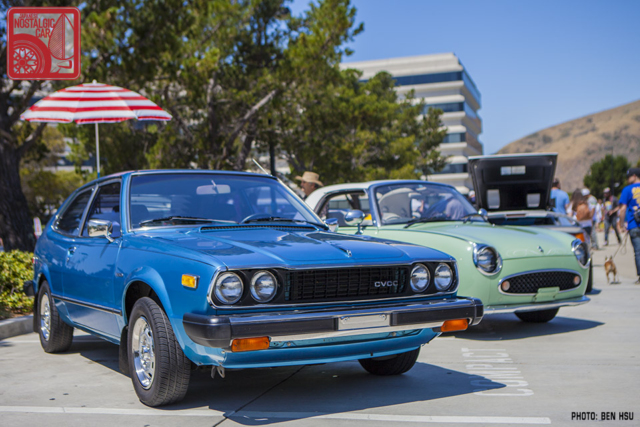
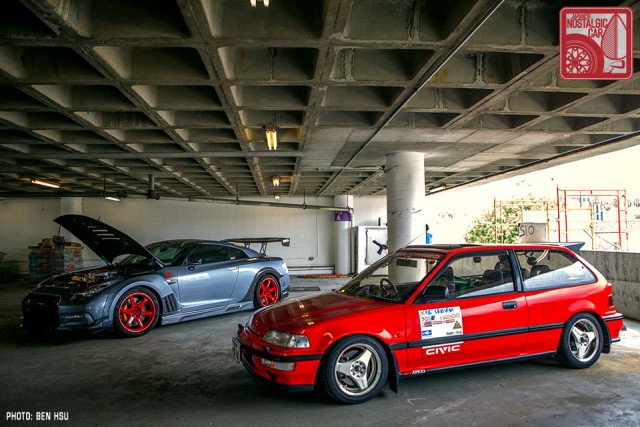


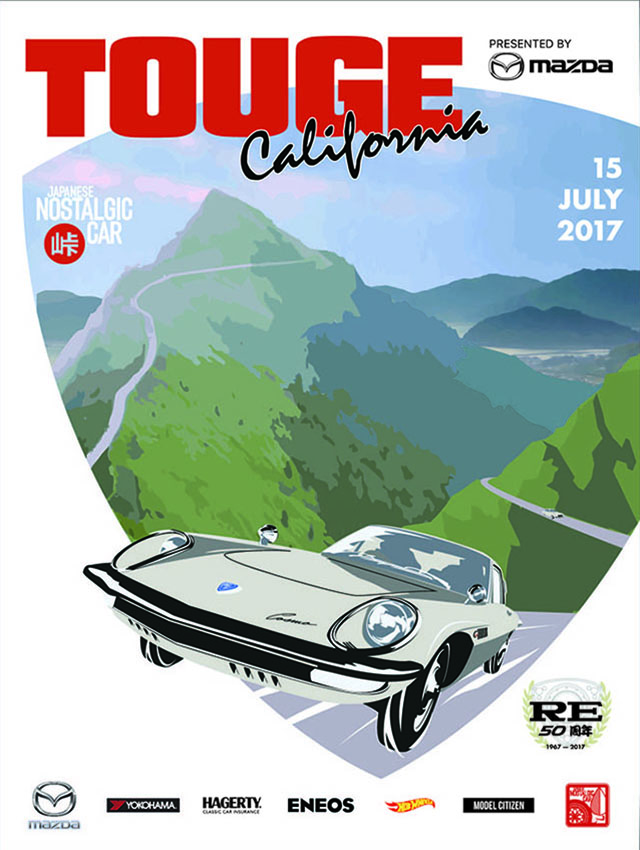
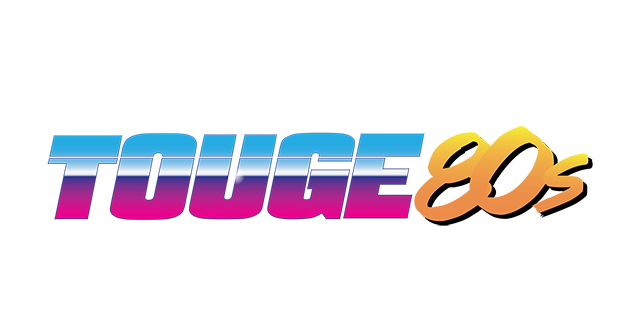
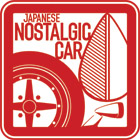
WOW, straight from the heart.
I see no shame with companies merging and whatnot, and in this case Honda and Nissan joining forces. I think maintaining these automotive companies help the industry, as a whole, stay competitive, cutting edge, and maintain a strong overall ecosystem. Monopolizing things do nothing but hurt everyone, even the monopoly itself.
The topic on Japanese pride is actually a good insight, as it definitely demonstrates Japan’s values of helping others.
What Carlos Ghosn ultimately did was definitely shady, but don’t you feel that he played a pivotal role, back in the early 2000s, to pull Nissan from automotive debt? I believe Nissan was struggling hard. I’m not a fan of the Renault hints on Nissan cars, but you have to admit that Nissan definitely saw some strong years while Ghosn was around.
I decided to take a look at the USA Nissan website, really not much to look at besides the Z, and even then I almost forget it’s around; a shame, as I have an old Z myself. I really hope Nissan consolidates its lineup into a smarter, more exciting batch of offerings.
This could probably be its own article, but in brief, while Ghosn and Renault did rescue Nissan from financial ruin, I believe he never truly “got” Nissan the way Japanese people do and in the way I’ve attempted to describe above. He saw it as any other company with an unbalanced ledger, one that could have been making dumbells or lampshades for all he cared.
He’s known in the industry as a one-trick pony that ruthlessly cuts costs. There’s a lot to that, of course, because you have to know where and when to cut them, but the real trick would have been to preserve the essence of Nissan while doing so.
As Ghosn’s tenure went on, I believe he got too high on his own supply. He became obsessed with his legacy, which would have been to form one of the largest auto companies in the world had the coup not taken place. He also believed he wasn’t being compensated enough, as Japanese CEOs don’t tend to make 300 times the common workers’ wages as they do in the west, so he thought the “perks” he was enjoying under the company dime were justified.
But Ghosn’s real crime, in a figurative sense, was to pursue volume at all costs. For the several years leading up to Ghosn’s departure, when I attended press events for Mazda or Honda, they talked about the car’s engineering or features. Nissan talked about sales volume and how X model was taking Y market share. The failed excursions into commercial vehicles (NV) and developing markets (revived Datsun), the fleet sales, the willingness to sell to anyone regardless of credit score, the stagnation of core models, these were all done in the pursuit of making Renault-Nissan on par with VAG.
The individuals who pushed Ghosn out by any means necessary knew he had gotten too big for his britches, and was operating to secure his own legacy, not that of the company. Fast forward to today, and Ghosn’s decisions are still haunting Nissan. Commercial vehicles and Datsun were proven to be a big waste of resources, Nissan is synonymous with rental cars and fast depreciation. The once technologically forward-thinking company has been reduced to selling cars analogous to fast food and Walmart-quality goods.
Ghosn may have helped Nissan in the short term, but he enjoyed being CEO a little too much and probably should have left a lot sooner. Sorry for the long reply!
NICE explanation, and yes, you are 100% correct. He got the company back on its feet, but not how the REAL Nissan would’ve done so. Not so much a move that could sustain Nissan in the long run either.
Well, guess I’m not buying that Nissan Leaf!
Do not be sorry, you explained everything very clearly and reminded me of some infos I forgot!
Bringing back the guy like I suggested last week would not bring much in the end, more cost-cutting would mean to actually stop making cars, and that would not be very good.
If Nissan could fetch someone like Morizo, like Soichiro Honda was, like Iacocca, someone with vision, they could turn that ship around, but if the leadership only act in a way not to ruffle any feather, there will be nothing to save.
If you think about it Ben, the replacement that was in line at the time was Carlos Tavares, Goshn decided to continue and his “revenge” was to go to the other French part in PSA, begin to reverse bad numbers, cut costs, lose identity, subject Citroen (make it low cost) join Opel, merge and chair Stellantis… where are each of the groups now? If anything was the cause of the debacle at the end of the 90s, it was a Japanese CEO and board of directors that led them there, the same thing happened to Mitsubishi (I still believe that the model they had in common with Nissan and did not meet emissions was denounced “anonymously” by Nissan and took advantage of the moment of decline in shares to buy shares) as well as success stories from Mazda or Toyota where the addresses and identity are strong. I think Honda is a special case, although they do not have “economic emergencies” (discounting the restructuring and closure of factories a few years ago), they have in recent years with certain decisions that are at least contradictory (the development of NSX outside of Japan is something that It cost them sales, too little product or misunderstood or very expensive and very late)
The truth is that there is a culture within companies that is harmful to their health and future. I recently watched a documentary about Olympus, all the bad things that can happen due to a bad corporate culture. almost as bad as some investment groups that worry about maximizing profits, having large checks for the board and companies degrade with greater or lesser speed but with only one direction: disappear. I hope this is not the case.
Yes, Tavares wouldn’t have been a good choice, either. He might have done just as much, if not more, damage.
Yes Ben, and I think Tavares’ level of damage still cannot be quantified. My vision is from outside the United States, at least 2 generations of engines at PSA were under the time of Carlos, THP and Puretech. cost cutting or bad engineering, the truth is that bad reputation increases. and in terms of general quality with its particularities, they are different from the Japanese and not exactly better, but perhaps in perceived quality. but today in the situation Stellantis had to resort to fiat engines for Peugeot, opel and citroen. Nissan at least continues to be Nissan in that part and a plus in its favor if it joins Renault, not necessarily the opposite.
What will the new company be called? The best joke answer I’ve seen is:
日本UFJ銀行
More good ones here:
https://www.reddit.com/r/newsokunomoral/comments/1hgqkbc/%E3%82%AF%E3%82%BD%E3%82%B9%E3%83%AC%E6%97%A5%E7%94%A3%E6%9C%AC%E7%94%B0%E4%B8%89%E8%8F%B1%E3%81%8C%E5%90%88%E4%BD%B5%E3%81%97%E3%81%9F%E6%99%82%E3%81%AE%E7%A4%BE%E5%90%8D%E3%82%92%E4%BA%88%E6%83%B3%E3%81%99%E3%82%8B%E3%82%B9%E3%83%AC/
My fave (looking through Google Translate) is:
“Carlos Ghosn Memorial Elementary School.”
“Honda Holdings” is too close for comfort to “Sears Holdings”.
Adding one myself, how about Ippantekina Motors?
Very nice article, it makes me wonder if there are other notable japanese carmakers forgotten to times?
Prince pretty much disappeared in the years following the merger with Nissan, and Nissan keeping the well known model names over time. So much that we associate Skyline with Nissan, not with Prince.
If Honda merges with Nissan, what will happen to both carmakers? In 70 years, I expect one to be mostly forgotten, but which one? I cannot see a world without an Honda Accord or CRV being common, nor one without the… well, the Rogue I guess?
Over here, I feel Honda is a better recognized name and has a stronger reputation than Nissan, but reading the article, it makes me wonder if it would not be the Nissan name that is being kept…
Or they could take a page from GM’s book and make Nissan the budget lineup, keep Honda as the good mainstream product and Acura closing Infiniti’s coffin while no one watch. This actually hurt a bit to write, but I think it could be the only way to keep all the names alive.
Infiniti is the Nissan Leopard, [at least the J30 version] not a separate brand in Japan. Then there’s the President line [THINK Q SERIES]
I think Honda is buying assets & talent. Not the brand. Smart, efficient way, quick way to scale up the engineering/design pipeline & production capacity. Any Nissan branding would be a consolation prize.
Absolutely brilliant bit of work Ben, and great response to Taylor’s question.
I’ve been trying to follow what’s going on as several of my friends work for Nissan, both here in Tennessee and in Japan. It hasn’t been easy, so thanks for this.
Shoulda built and sold the IDx … maybe they still can!